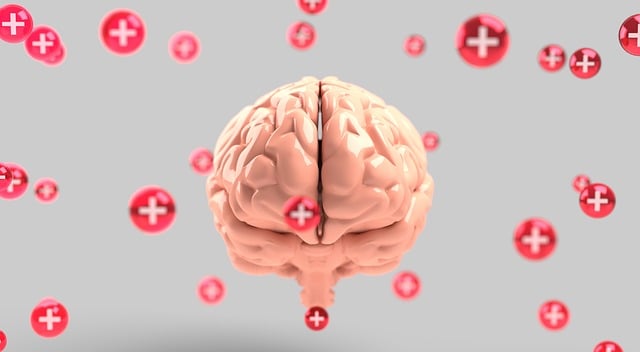Superior Women's Issues Therapy focuses on empowering women through coping skills development. By teaching effective strategies for stress management, emotion regulation, and overcoming gender-specific pressures, this therapy fosters resilience and enhances psychological health. Integrating personalized self-care practices, support networks, and evidence-based techniques helps women lead balanced lives while reducing mental illness stigma. This approach not only benefits individuals but also advocates for systemic changes, creating a more supportive societal landscape.
Coping skills are essential for women’s mental well-being, offering effective mechanisms to navigate life’s challenges. This article explores the significance of coping strategies in the context of women’s mental health and provides a comprehensive guide to help cultivate these skills. We delve into specific strategies, offer insights on overcoming challenges, and discuss how integrating superior women’s issues therapy practices can enhance coping abilities, ultimately fostering resilience and improved well-being.
- Understanding Coping Skills and Their Significance for Women's Mental Well-being
- Strategies to Cultivate Effective Coping Mechanisms: A Comprehensive Guide
- Overcoming Challenges: Incorporating Coping Skills into Superior Women's Issues Therapy Practices
Understanding Coping Skills and Their Significance for Women's Mental Well-being

Coping skills are a set of strategies that individuals use to navigate and manage stressful situations, emotions, and challenges in their lives. For women, developing robust coping mechanisms is particularly vital as they often face unique pressures and experiences that can significantly impact their mental well-being. Superior Women’s Issues Therapy recognizes the importance of equipping women with effective coping skills to enhance their resilience and overall psychological health.
Understanding and prioritizing mental health is crucial in addressing trauma support services and reducing the stigma surrounding mental illness. Mental health education programs design strategies that foster healthy coping behaviors can empower women to confront life’s adversities head-on. By integrating these skills into daily routines, women can improve their ability to manage stress, regulate emotions, and promote positive mental health outcomes, ultimately leading to a more fulfilling and balanced life.
Strategies to Cultivate Effective Coping Mechanisms: A Comprehensive Guide

Cultivating effective coping mechanisms is a powerful tool for navigating life’s challenges, especially for women facing unique issues. Superior Women’s Issues Therapy offers a comprehensive guide to help individuals build resilience and enhance their emotional well-being. One key strategy involves adopting self-care practices tailored to individual needs. This could include regular exercise, mindfulness meditation, or engaging in creative outlets like art therapy. By incorporating these activities into daily routines, women can reduce stress levels and foster a sense of calm.
Additionally, developing a strong support network is invaluable. Connecting with trusted friends, family, or support groups provides a safe space to share experiences and gain different perspectives. For healthcare providers experiencing burnout, implementing specific burnout prevention strategies is essential. This might include setting clear boundaries, prioritizing self-time, and seeking professional supervision. By integrating these coping mechanisms into their lives, women can effectively manage stress, promote emotional health, and enhance their overall quality of life.
Overcoming Challenges: Incorporating Coping Skills into Superior Women's Issues Therapy Practices

In the realm of Superior Women’s Issues Therapy, equipping clients with effective coping skills is a game-changer. It empowers women to navigate their unique challenges, such as gender-specific trauma and mental health disparities, with resilience. By incorporating evidence-based coping strategies into therapy practices, mental health professionals can enhance the overall effectiveness of treatment. This approach not only addresses symptoms but also equips women with tools to manage stress, process emotions, and build mental fortitude.
A crucial aspect of this process involves integrating risk assessment techniques for mental health professionals, ensuring a safe and supportive environment. Trauma support services play a pivotal role in fostering healing by providing specialized care tailored to women’s experiences. Moreover, advocating for Mental Health Policy Analysis and Advocacy ensures that therapy practices are not just effective but also contribute to systemic changes, addressing broader societal challenges faced by women.
Coping skills development is an essential component of superior women’s issues therapy, empowering individuals to navigate life’s challenges with resilience. By understanding and implementing effective coping mechanisms, women can enhance their mental well-being and foster a more positive outlook. The strategies outlined in this article provide a comprehensive guide for therapists to incorporate these skills into their practices, ultimately supporting their clients’ journey towards emotional health and fulfillment.














